Anti ageing
In a 2019 study by J. Kim et al., titled “Apigenin prevents aging-related epigenetic changes and oxidative stress,” apigenin supplementation in aging mice was observed to counteract age-related epigenetic modifications and oxidative stress. This suggests that apigenin may have anti-aging properties by modulating epigenetic changes and reducing oxidative stress.
Stress
In a 2020 study by W. Wang et al., titled “Apigenin Ameliorates Chronic Unpredictable Mild Stress-Induced Depression-Like Behaviors,” apigenin supplementation was seen to improve depression-like behaviors and enhance brain-derived neurotrophic factor (BDNF) expression in rats exposed to chronic unpredictable mild stress.
Sleep
In a 2018 study led by Luisa Ochoa-Sánchez and team, titled “Apigenin supplementation improves subjective sleep quality in healthy individuals,” it was revealed that taking apigenin led to enhanced sleep quality according to self-reported sleep questionnaires. This suggests apigenin’s potential to promote better sleep in healthy individuals.
Skin
In a 2017 study by L.L. Wang and colleagues, titled “Apigenin, a natural flavonoid, shields human skin cells from UVB-induced oxidative harm by activating the Nrf2 pathway, responsible for defending cells against oxidative stress. The study suggests that apigenin could serve as a promising natural protective agent for skin health against UVB damage.
View this post on Instagram
View this post on Instagram
View this post on Instagram
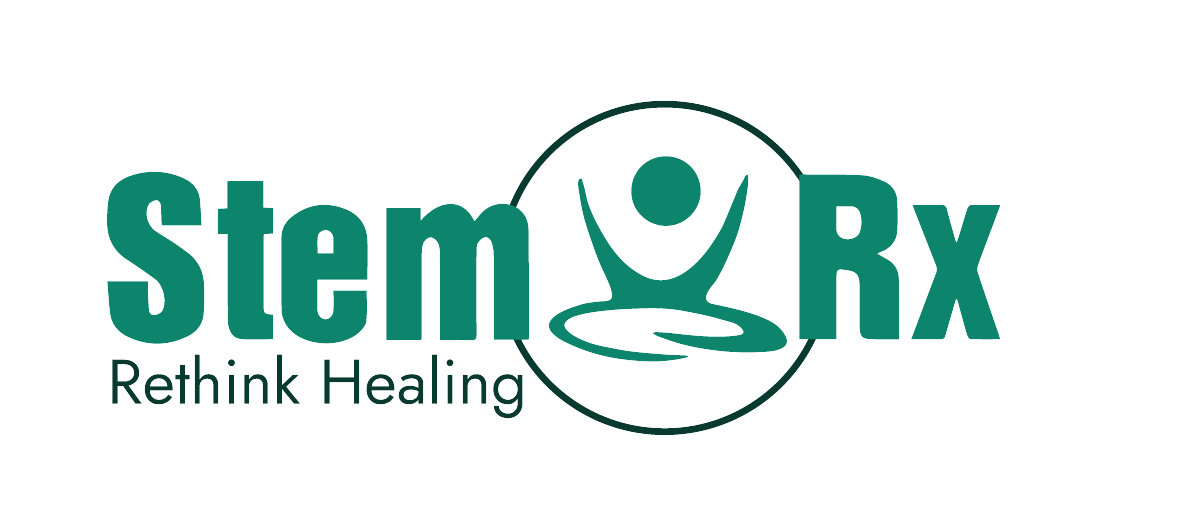
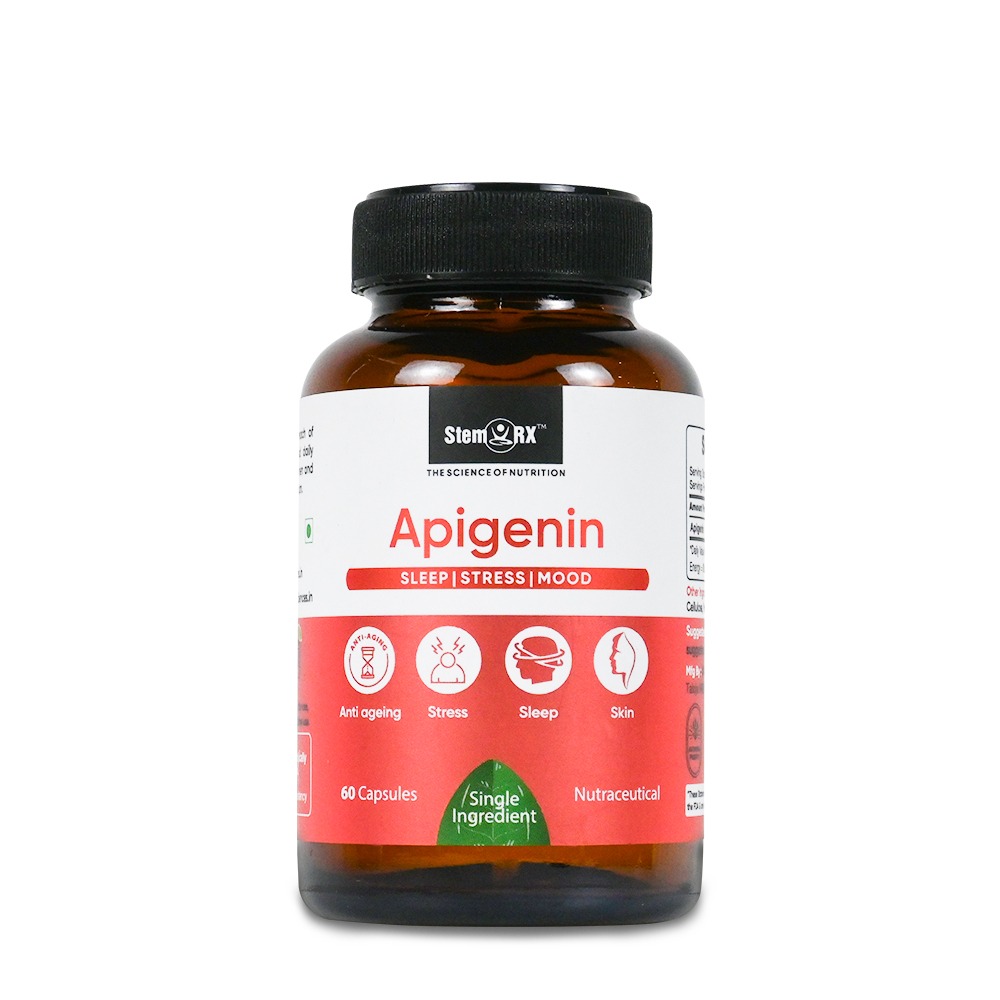
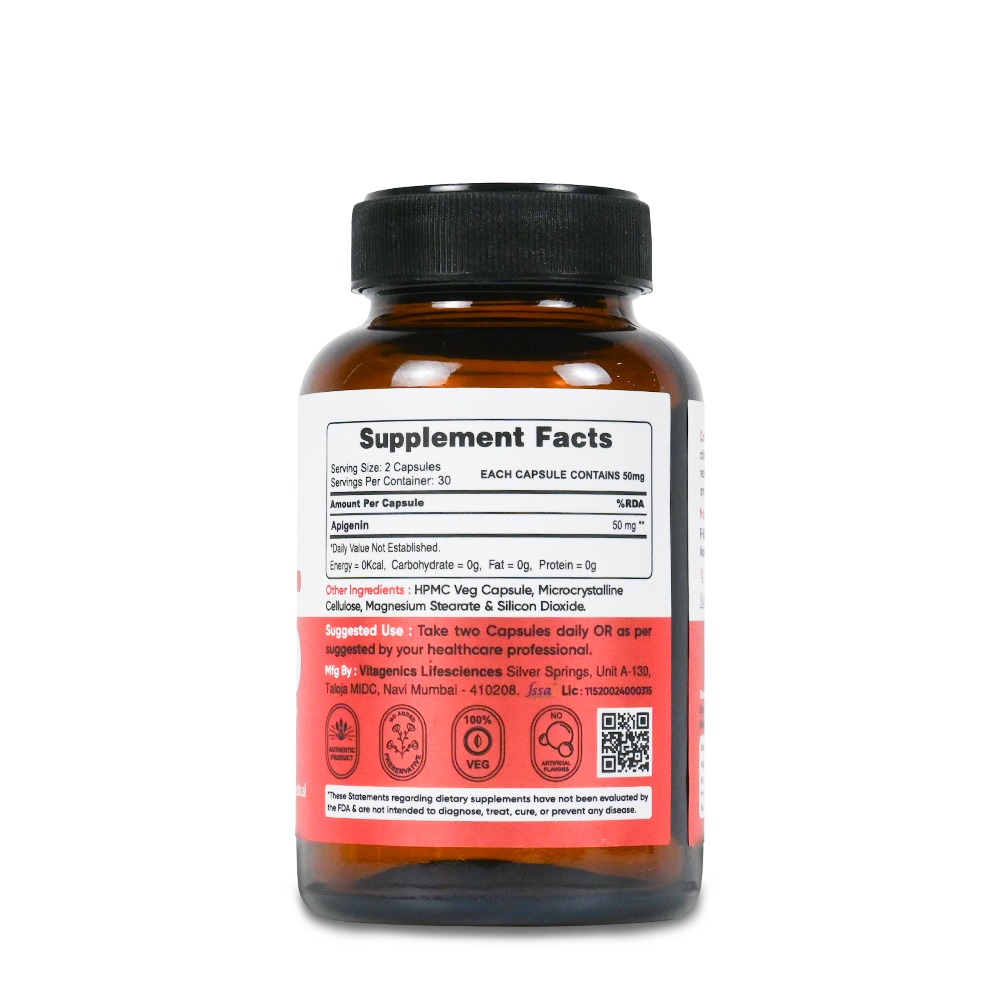






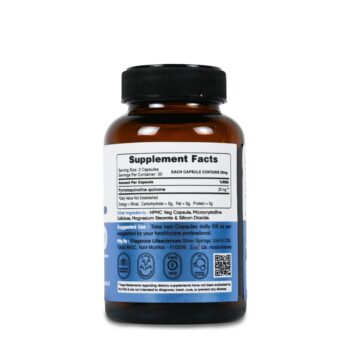
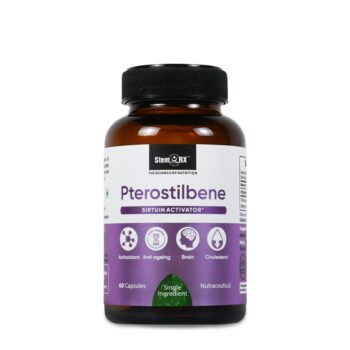
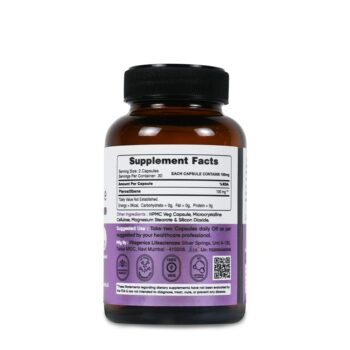
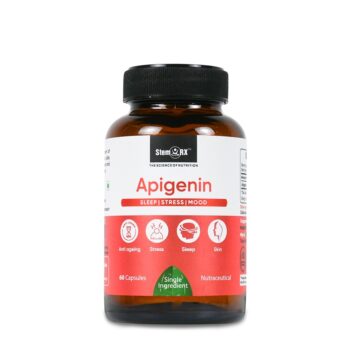
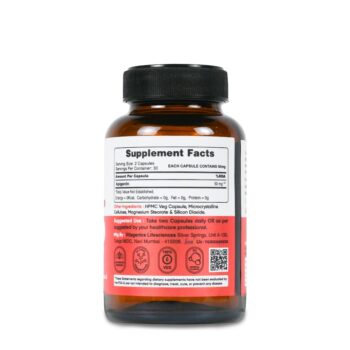
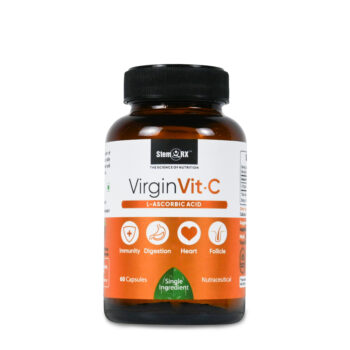
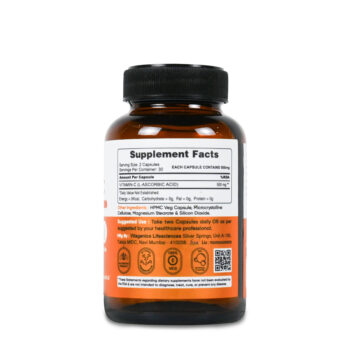
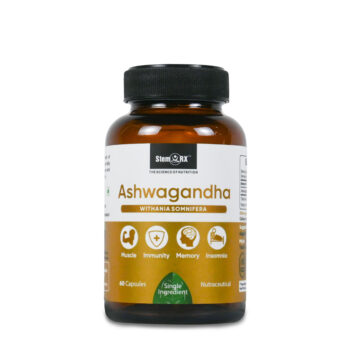
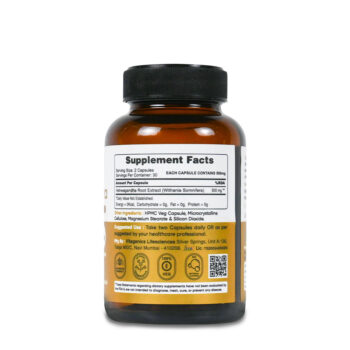
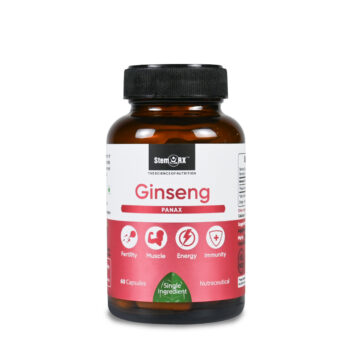
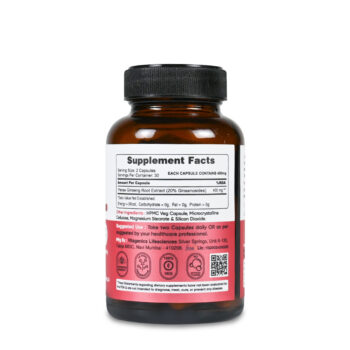
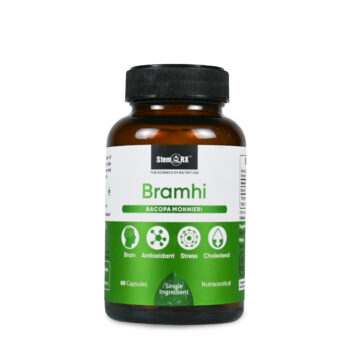
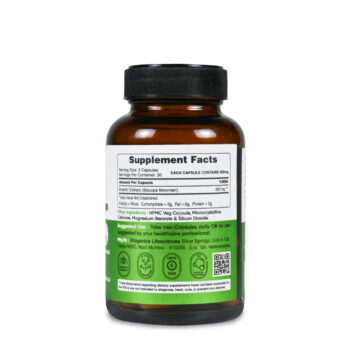
Reviews
There are no reviews yet.